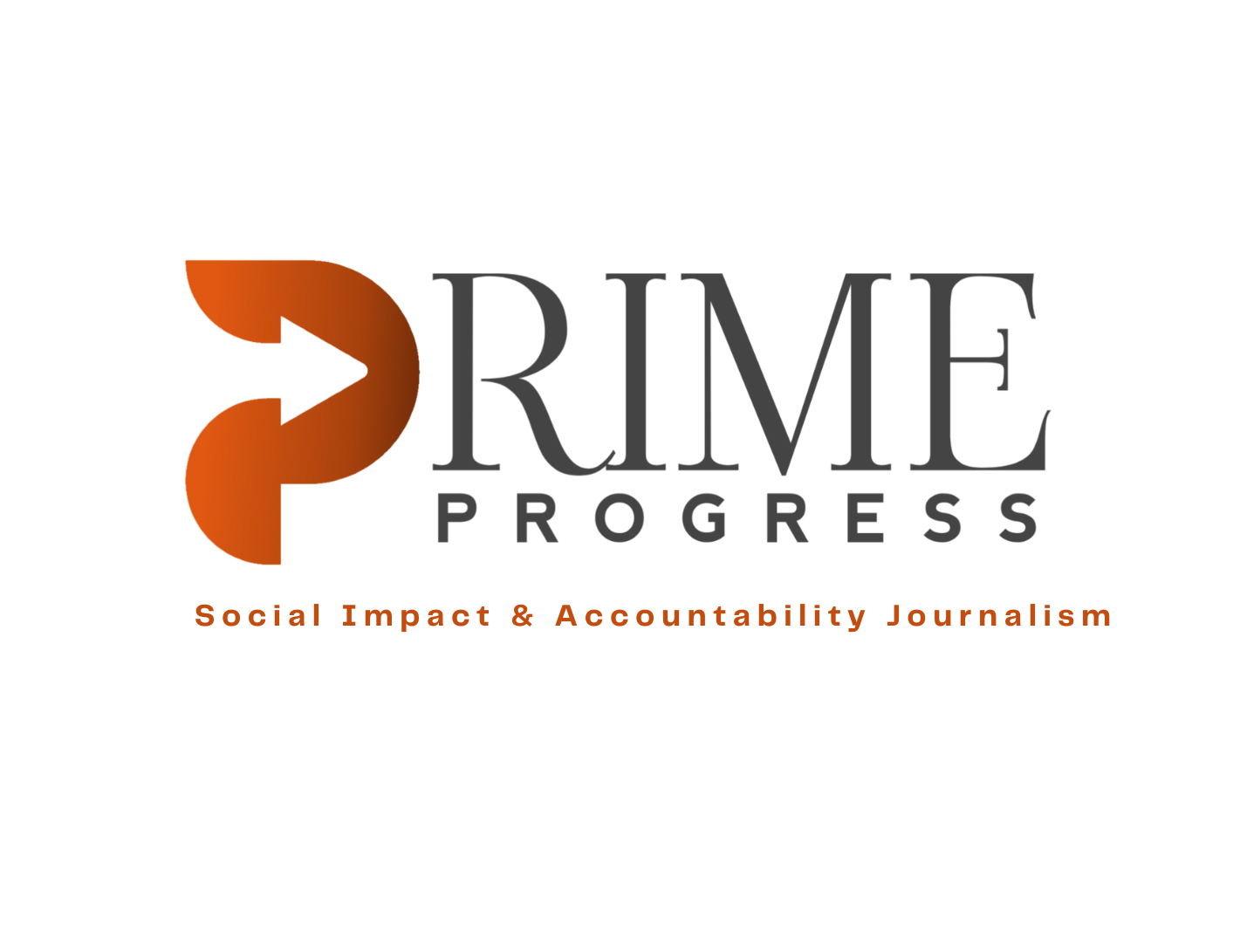Storytelling possesses a remarkable power to push for efforts that address social problems and challenge repressive cultures. That is because, at its core, storytelling transcends mere reporting of facts and delves into empathy, connection, and human experience.
But at Prime Progress, there is something we call “intentional stories”. It seeks to give voice to those often silenced or overlooked, humanise complex problems and allow readers to connect emotionally and understand the lived realities of individuals and communities affected by social injustices.
In repressive cultures, where freedom of expression might be stifled, storytelling becomes even more crucial. Journalism becomes a means to challenge oppressive narratives, dismantle stereotypes, and empower marginalised groups.
By amplifying the voices of the silenced, journalism becomes a catalyst for social progress. By sharing personal stories and experiences of down-held people, journalism has the potential to break down barriers, foster empathy, and galvanise action.
This is precisely what we do at Prime Progress, and we do it like nobody else does because we believe storytelling in journalism plays a vital role in preserving cultural heritage and fostering understanding. Journalists can bridge divides and create spaces for dialogue by showcasing diverse narratives, traditions, and perspectives. These challenges, preconceived notions, and biases cultivate a deeper appreciation for cultural diversity and promote inclusivity.
How is Prime Progress doing it?
We focus on reporting on responses to social problems in Nigeria and Africa, and we investigate repressive cultural practices that hold down society and prevent people from achieving the best in their health, livelihood or even finding self-expression and happiness.
However, the power of storytelling in journalism comes with great responsibility. At Prime Progress, we understand that we must navigate the ethical complexities of representing people’s stories accurately and respectfully, ensuring informed consent and safeguarding vulnerable individuals. We approach storytelling with sensitivity, cultural competence, and a commitment to truth and fairness.
We need you!
Our journey of intentional storytelling keeps evolving, and we know we cannot tell these stories alone. If you are a journalist who wants to start telling intentional stories, feel free to connect with us and be our contributor. Contact editor@primeprogress-ng-da786e.ingress-haven.ewp.live
And if you have suffered injustice stemming from a repressive cultural, religious or social practice and want to share your story, we are your ready partners. Shoot us a message, and we will tell your story. Contact editor@primeprogress-ng-da786e.ingress-haven.ewp.live
Suppose you are someone or an organisation willing to support us by donating to push our journalism forward and not intending to influence our editorial decisions. In that case, we are happy to have you. Email us via contact@primeprogress-ng-da786e.ingress-haven.ewp.live
Storytelling has the unique power to address social problems and challenge repressive cultures by fostering empathy and understanding. At Prime Progress, they focus on "intentional stories" that give voice to the overlooked, humanize complex issues, and emotionally connect readers to the realities of those affected by injustices. In repressive societies, this storytelling challenges oppressive narratives and empowers marginalized communities, driving social progress and dismantling stereotypes.
Prime Progress particularly emphasizes reporting on responses to social issues in Nigeria and Africa. They investigate cultural practices that inhibit personal and societal development, approaching storytelling with ethical responsibility, ensuring respectful and accurate representation, and protecting vulnerable individuals.
Prime Progress invites journalists to join them in their mission and encourages those who have experienced injustice due to repressive practices to share their stories. They also welcome support from individuals and organizations willing to donate to their cause without influencing editorial decisions, ensuring the continuation of their impactful journalism.






